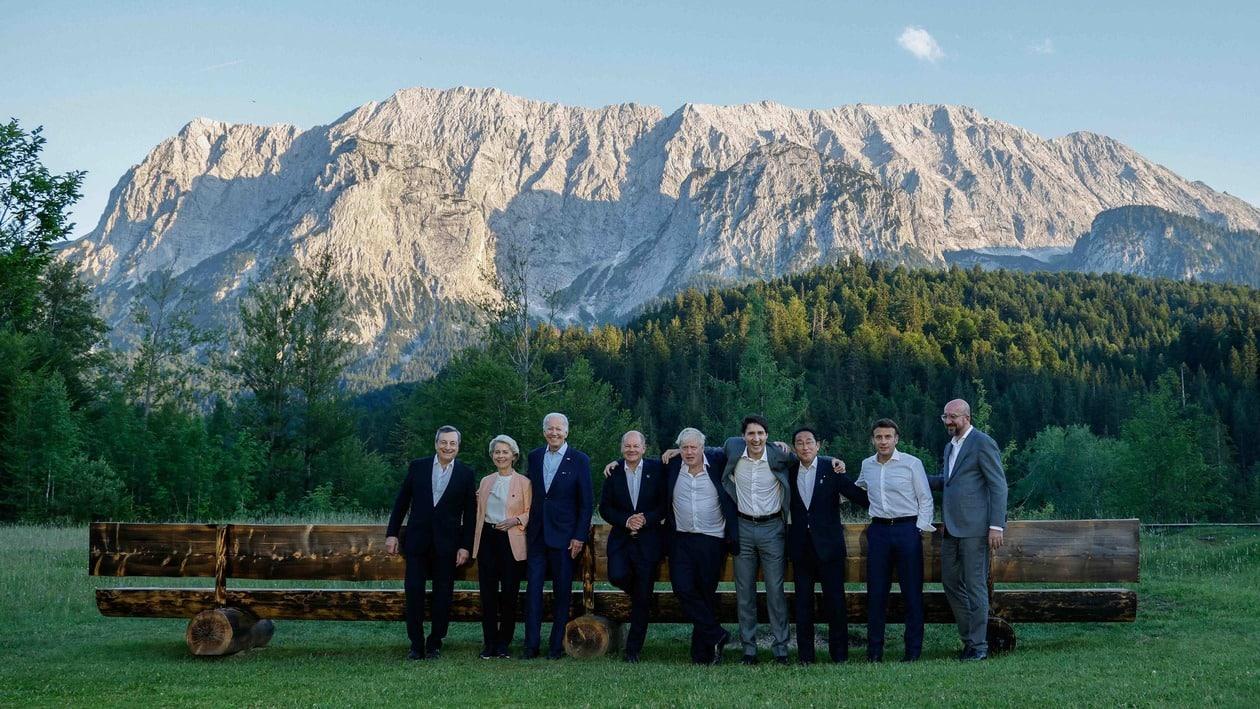(Bloomberg) -- The plan by some Group of Seven nations to ban new gold imports from Russia is “largely symbolic” as flows have already been restricted by sanctions, according to analysts.
The US, UK, Japan and Canada plan to announce the ban during the G-7 summit that started Sunday in Germany. While the UK government said in a statement over the weekend that “this measure will have global reach, shutting the commodity out of formal international markets,” analysts played down the potential impacts as the London Bullion Market Association, which sets standards for that market, removed Russian gold refiners from its accredited list in March.
“The impact from a ban on Russian gold imports by G-7 nations is likely to be fairly limited, given that the industry already took steps to restrict Russian gold,” said Warren Patterson, head of commodities strategy at ING Groep NV. “It looks as though its largely symbolic.”
While Western sanctions to punish Russia after its invasion of Ukraine have largely closed European and US markets to gold from the world’s second-biggest bullion miner, the G-7 pledge would mark a total severance between Russia and the world’s top two trading centers, London and New York.
Vivek Dhar, a commodities analyst at Commonwealth Bank of Australia, said in a note that “a ban also just formalizes what has largely been in place via sanctions” and he didn’t expect it to drive gold prices materially higher.
The ban is unlikely to have any real impact on prices, with macro issues really driving sentiment at the moment, said Daniel Hynes, a commodities strategist at Australia & New Zealand Banking Group Ltd.
Spot gold rose 0.5% to $1,835.41 an ounce as of 9:35 a.m. in Singapore on Monday. While bullion surged in March to a near record high as the war in Europe boosted demand for the haven asset, prices are now little changed this year as central banks tighten monetary policy.
